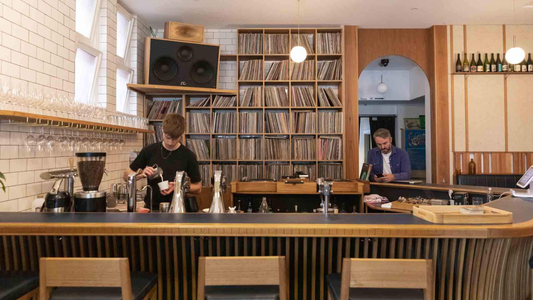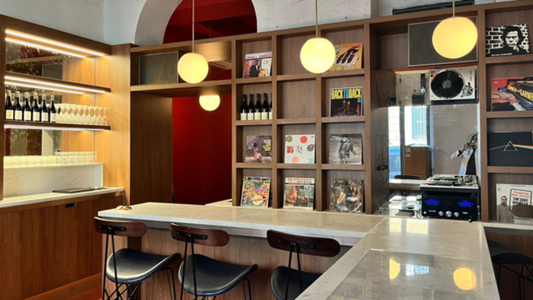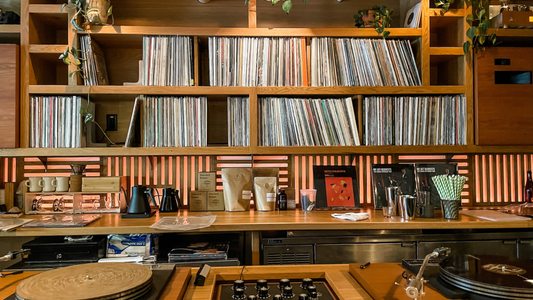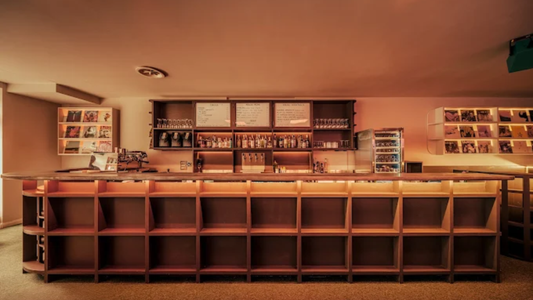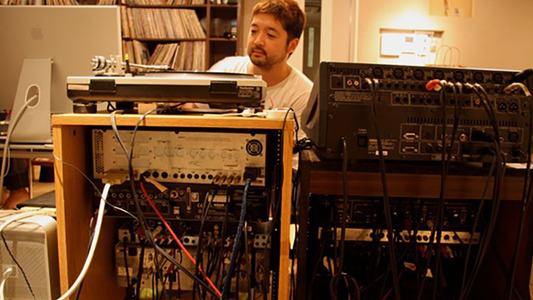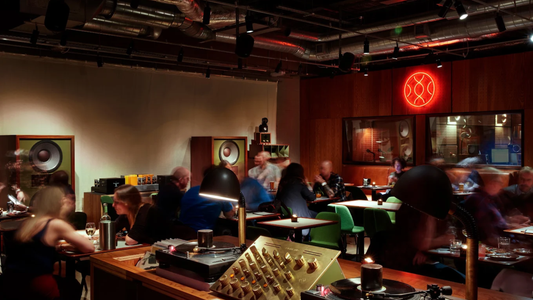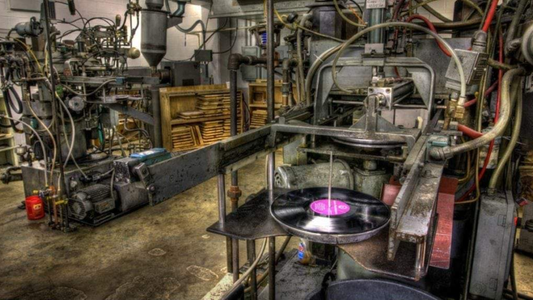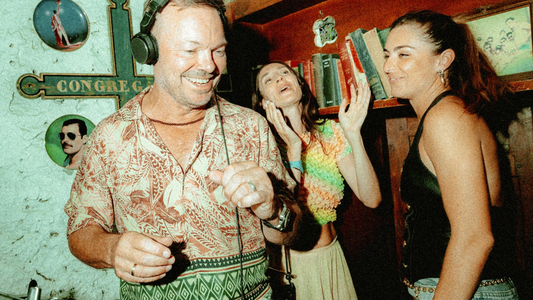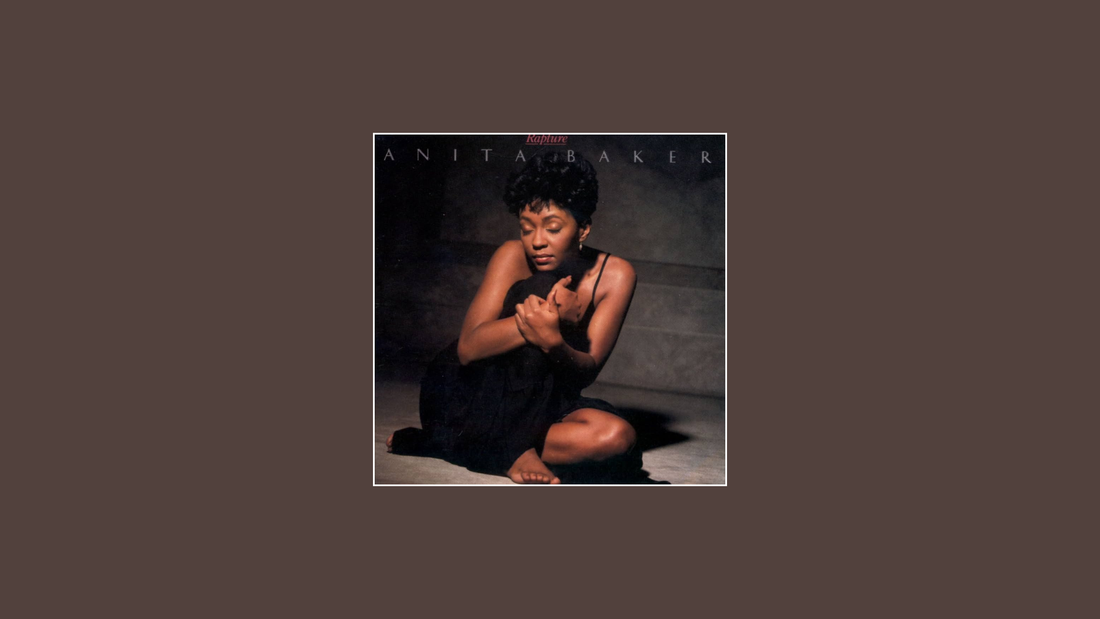
Rapture – Anita Baker (1986)
By Rafi Mercer
Stillness, Sung in Gold
Some albums arrive quietly and never leave. They don’t chase the moment; they become it. Anita Baker’s Rapture is that kind of record — a work so self-assured, so perfectly balanced between soul, jazz, and silence, that it feels less like a performance and more like an atmosphere. Released in 1986 on Elektra Records, it was a surprise triumph of restraint: eight songs, forty minutes, and not a single wasted bar.
Where the decade around it shimmered with excess — synthesisers, big hair, gated drums — Rapture walked in with a cup of coffee and dimmed the lights. The production was clean but intimate, the instrumentation organic: brushed snares, Fender Rhodes, subtle horns, bass that moved like breath. And in the middle of it all, Anita Baker’s voice — low, radiant, endlessly patient.
The opener, Sweet Love, sets the tone immediately. A few piano chords, a swell of strings, then that voice — deep, smoky, confident. She doesn’t belt; she glides. The phrasing is impeccable: every line curved, every vowel held until the air changes around it. When the chorus blooms (“Sweet love, hear me calling out your name”), it feels less like a pop hook than a declaration whispered into a warm room.
Baker’s genius lies in that restraint. She sings as though the song were already perfect and she’s simply tracing its outline. There’s never an ounce of overreach. Every track on Rapture is built on this idea — of knowing when to stop, when to breathe, when to let silence carry the weight.
You Bring Me Joy moves like smoke curling through sunlight. The rhythm section — Freddie Washington on bass, Ricky Lawson on drums — lays down a pulse that’s almost invisible. The song never hurries; it simply exists. Baker’s delivery is conversational, almost secretive. You feel as though she’s singing just to you, at arm’s length, late on a Sunday morning.
Then Caught Up in the Rapture — the album’s centre of gravity. Written by Gary Glenn and Dianne Quander, it’s the kind of ballad that seems to rewrite what quiet can mean. The opening chords hover, the drums barely touch, and Baker enters in a tone that feels carved from mahogany. “When we met, I always knew…” It’s simplicity elevated by phrasing — the small tremor in her vowels, the way she turns ordinary words into cadence. It’s love as craft.
Been So Long and Mystery continue that mood, both wrapped in mid-tempo rhythm and satin chords. What’s remarkable is how consistent the atmosphere remains. There’s no filler here, no attempt to reach for radio beyond what the songs already promise. Producer Michael J. Powell (of Chapter 8, Baker’s earlier group) understood her voice intimately. He built around it — warm keys, soft brass, the occasional rhythm guitar accent that feels like a passing thought.
The second half of the record deepens rather than expands. No One in the World is heartbreak rendered elegant, her vocal arcs pulling against David Foster’s chord structure like silk against wood. Then Same Ole Love (365 Days a Year) adds a flicker of energy — bright horns, a slightly brisker pulse — before Watch Your Step closes with quiet sophistication.
What’s striking, listening now, is how perfectly Rapture sits in the lineage between jazz and soul. You can hear Sarah Vaughan’s precision, Carmen McRae’s control, the intimacy of Bill Withers, even the tonal purity of early Sade. But Baker’s phrasing is her own — that vibrato, wide and slow; the way she leans slightly behind the beat; the deliberate enunciation that gives each lyric gravity. It’s jazz technique rendered in R&B form.
And yet Rapture isn’t nostalgic. It’s utterly of its time — those warm, analog drum tones, that mid-80s studio gloss — but it feels untouched by fashion. The reason is emotional truth: every element serves the song’s sincerity. There’s no ornament. The production could disappear entirely and Baker’s delivery would still hold the room.
In a listening bar, this album transforms the atmosphere within minutes. Drop the needle on Sweet Love and the conversation softens. Glasses rest on tables. The bass hums just beneath the surface, the hi-hats shimmer in the top air. Baker’s voice feels tactile — you can sense the grain of it. The record fills space without cluttering it, like sunlight reflected off wood.
Play it on a Sunday and it feels almost ritualistic. It’s music for the hour after breakfast, when the day is still quiet and the world hasn’t yet asked anything of you. Rapture doesn’t energise; it calibrates. It’s music that teaches the body how to breathe again.
Culturally, it was a landmark. The album sold more than eight million copies worldwide, earned two Grammy Awards, and single-handedly reignited adult R&B as an art form. But its deeper influence was tonal — it re-established softness as power. In an era dominated by spectacle, Baker proved that intimacy could still command attention. Artists from Erykah Badu to H.E.R. to Snoh Aalegra owe something to this equilibrium — that quiet confidence, that velvet sound.
Listening now, almost forty years later, Rapture still feels impeccable. The arrangements are balanced, the engineering rich but natural, the pacing flawless. It has the grace of an album made by people who trusted their instincts. That’s rare. It’s also why it continues to live in listening spaces — homes, lounges, bars — where warmth matters more than volume.
There’s a line in You Bring Me Joy that captures the whole record: “When I’m down, you bring me joy.” It’s simple, but when Baker sings it, the world seems to hold its breath. That’s the essence of Rapture. It’s not a performance; it’s a reminder. That joy can be quiet. That passion can be poised. That stillness, sung in gold, can fill a lifetime.
Rafi Mercer writes about the spaces where music matters. For more stories from Tracks & Tales, subscribe, or click here to read more.
